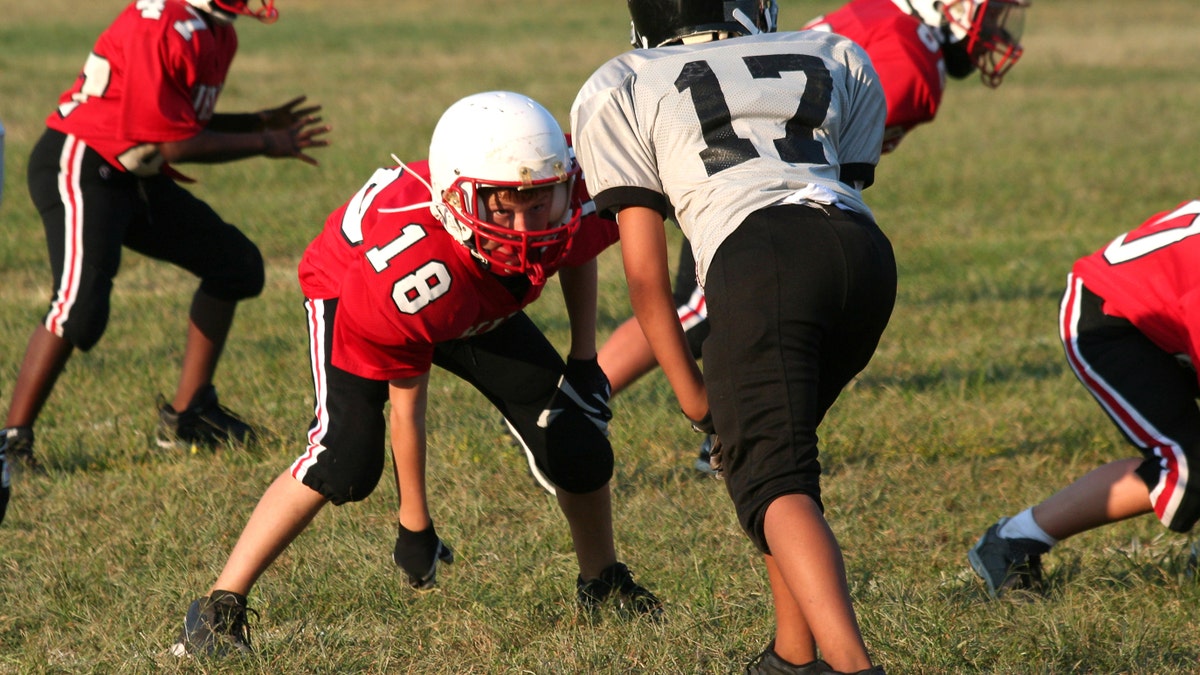
The guidelines from the U.S. Centers for Disease Control and Prevention are the first broad evidence-based recommendations for diagnosing and treating children's concussions, the researchers say (iStock)
Kids with persistent symptoms months after a concussion have lower quality of life than kids who have recovered, but even kids who recovered quickly may still struggle, according to a new Canadian study.
"While it has been long-understood that brain injuries may negatively impact quality-of-life (especially in those patients with severe injuries who have required surgery), we were surprised to see that the quality-of-life following concussion may have prolonged effects (3 months or more) on school even in those children who had recovered within one month," said senior author Dr. Roger Zemeck of the Children's Hospital of Eastern Ontario Research Institute in Ottawa.
"Fortunately, most children recover fairly quickly following concussion; only about 30 percent of children exhibit multiple symptoms lasting beyond one month from the time of their injury," and meet the criteria for persistent postconcussion syndrome, Zemeck told Reuters Health by email.
The researchers evaluated quality of life factors for about 2,000 kids aged 5 to 18 years who had presented to an emergency department within two days of suffering an acute concussion.
Doctors assessed their symptoms in physical, emotional, thinking and sleep areas four weeks after their injuries, and again eight and 12 weeks afterward. Kids with three or more symptoms that had not resolved at the four-week mark were considered to have "persistent postconcussion syndrome." Of the total group, 510 kids fell into this category.
Quality of life was assessed with a questionnaire completed by parents of kids younger than 8, and by older children themselves. Responses yielded an overall score of zero to 100, with higher scores representing better quality of life. The inventory also rated subcategories of quality of life, including physical, emotional, social and school-related.
Kids with postconcussion syndrome scored about 10 points lower in overall quality of life, with a mean score of 70, compared with those who had recovered from a concussion quickly and had a mean score of 80.3, the study team reports in JAMA Pediatrics. These kids also had lower scores on all the quality of life subcategories at four, eight and 12 weeks.
Even kids who recovered quickly from a concussion averaged scores three to four points lower than normal scores for healthy kids who haven't had a concussion, the study found.
School-related functioning remained significantly lower for kids who recovered from concussions at all the time points, researchers note.
"It is important to remember that by definition, a concussion is a brain injury, and the brain controls all aspects of life. Unfortunately, we still do not yet know what are the causes for why quality of life is impacted," Zemeck said.
"Once we better understand why it happens, we can then formulate interventions in order to target these causes with the hope of improving outcomes for these youth," he said.
After a diagnosed concussion, initial management calls for a brief period of rest, missing some school, some physical rest and not engaging in contact-risk activities, so it's not surprising that physical, social, emotional and school functioning dips in this time, said Dr. Christopher C. Giza of the University of California, Los Angeles, who coauthored an accompanying editorial.
"(Parents and teachers) should be aware of these possibilities and work together and with health care providers to both monitor kids' symptoms and function as well as devise an individualized 'return to normalcy progression'," Giza told Reuters Health by email. This plan should provide guidance for gradual reintroduction to school, then gradual non-contact aerobic exercise, then gradual return to play progression, and finally, if desired, return to contact risk, he said.
"Again, it has been shown that one of the strongest interventions to promote more rapid recovery is anticipating improvement and managing activity; so finding the right balance of monitoring a child's recovery without onerous, frequent questioning about symptoms or excessive restrictions on non-risky activities is a laudable goal," Giza said.








































